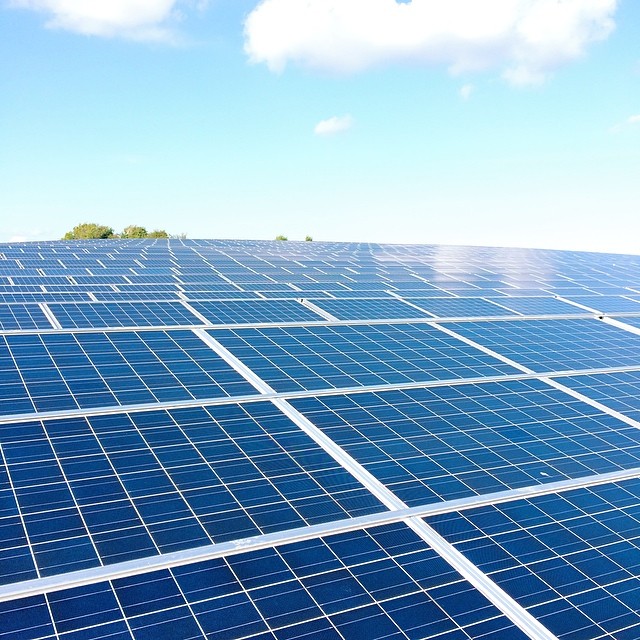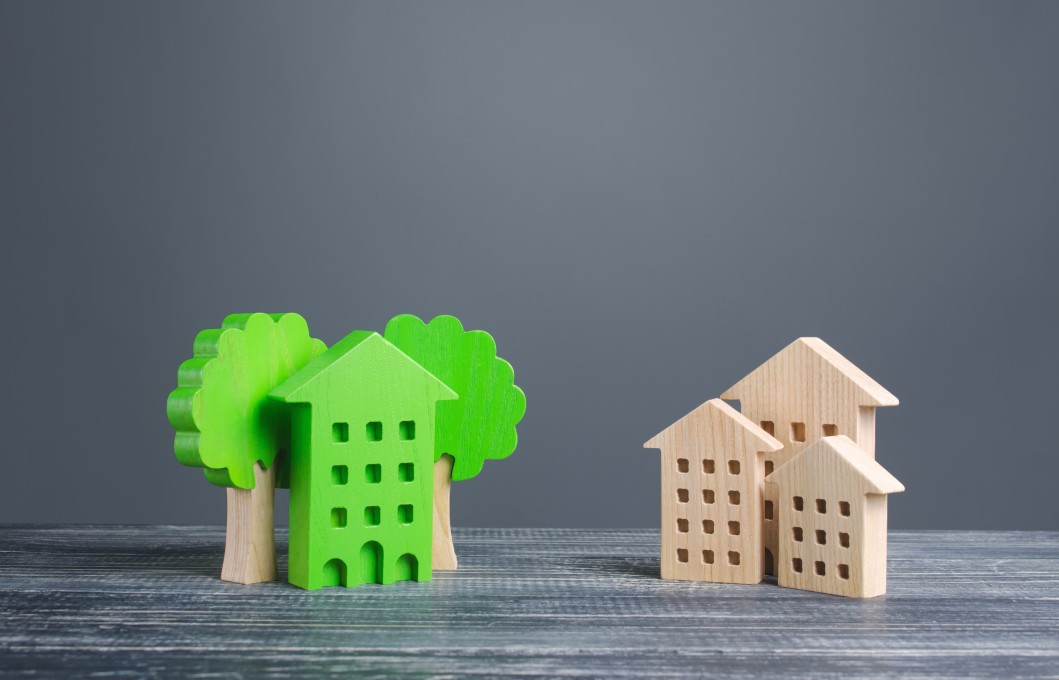The UK recently achieved a new milestone in renewable energy generation as the Creacombe Solar Farm, the first post-subsidy community project developed by Community-Owned Renewable Energy Partners (CORE) and Yealm Community Energy (YCE), started generating power last January following its successful completion.
The Creacombe solar farm is ground-mounted on an area near Yealmpton, South Devon, which is owned by Gnaton Farms.
What is Creacombe Project?
The 7.3MW Creacombe Solar Farm under the ownership of CORE started construction in September last year and involved the cooperation of YCE, Gnaton Farms and the Lopes family. The planning consent for the said project was secured way back in 2017.
The solar farm is designed to produce enough green electricity for approximately 2,440 homes, or equivalent to over half of households located in the local parishes of Yealmpton, Netwon & Noss, Holbeton, Brixton and Wembury.
It is also expected to save carbon emissions of about 2,000 tonnes per year.

The initial phase of the project (4.4MW) was pre-accredited for the last Community Feed-in Tariff (FiT), commissioned by December 2019. The final stage (2.9MW) was built sans government subsidies and completed by the end of January 2020.
The Creacombe project developers CORE and YCE are planning to offer community members the chance to invest directly in the farm and another active solar farm in Newtown Downs.
CORE is the initiative of Power to Change, a charitable trust that also underseas the Next Generation programmer, grants support to innovations on renewable energy and also advises YCE.
Why is Creacombe Relevant?
YCE chairperson Peter Brown revealed the organisation entertained the idea of establishing a community solar farm more than five years ago. He expressed the group’s delight that Creacombe has been completed and operational, bringing green electricity to its service locations.
Brown also said the solar farm helps in meeting the UK’s net-zero commitments. The organisation also looks forward to sharing the responsibility with community members, in which the profit generated from the project can be spent locally to fund other local initiatives that tackle climate change, including electric vehicles, energy efficiency and new green energy generation.
Environmental Finance, a leading sustainability investor advising CORE, supported the Creacombe project throughout its construction phase. Associate director Andre Sarvarian stated the Environmental Finance is happy to give a hand to CORE, along with 32MW solar project in another community for the last couple of years.
Sarvarian acknowledged Creacombe’s role as an inspiration to the community energy market, stirring it to look after subsidy-free renewables that deliver several benefits throughout the project lifetime. The profits will directly benefit local communities where such projects are established.
CORE’s solar farm portfolio is expected to build a surplus over their respective operational lifetimes of several million pounds, which will be used to fund other community projects.Some notable developments include the community orchard and wildflower meadow in Yealmpton, and the installation of solar panels in the village hall of Newton & Noss.
Sunny Outlook for Communities
The UK’s solar energy market is looking towards a bright future with Creacombe and another community solar farm under a long-term finance deal that generates sizeable green electricity to meet the net-zero goals.
The Heart of England Community Energy Solar Farm boasts 60,000 panels and is the biggest in the UK to date. The farm is located near Stratford-upon-Avon and is funded by the Triodos Bank UK and Social and Sustainable Capital.

The solar farm has an electricity capacity of 14.7MW, which can power as many as 4,500 homes. It is also capable of powering 3MW of batteries in partnership with a third-party operator. The said project not only generates green energy but also allows power storage to the grid.
The £16.3 million finance package is granted primarily by Triodos Bank UK (£12 million), while the rest of the amount (£4.3 million) is from Social and Sustainable Capital.